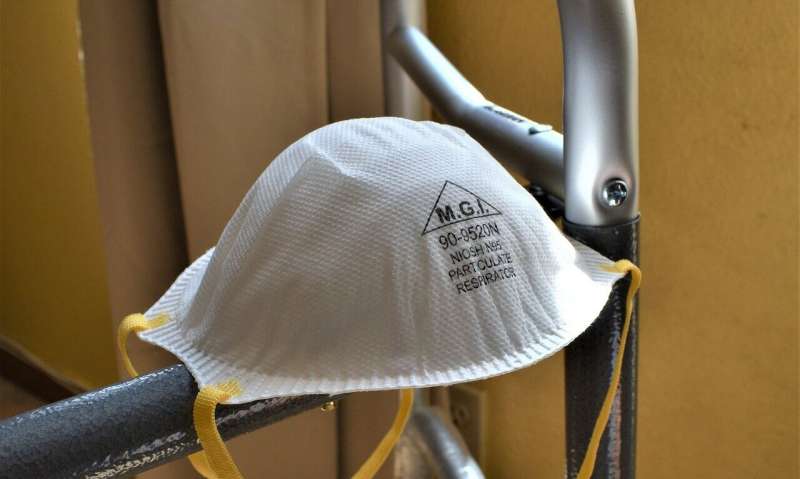Credit: Pixabay/CC0 Public Domain
A Western Sydney University expert says there is an unknown population of older people in Australia who are friendless and alone, and are uniquely impacted by the COVID-19 pandemic.
Dr. Jed Montayre, a gerontologist from the University's School of Nursing and Midwifery, said international researchers coined the term "elder orphan" for older adults who are living alone in the community with no immediate family or support network.
Dr. Montayre said the pandemic has unique implications for elder orphans—who are often socially or physically isolated, and are without any informal caregivers.
"The solitary lives of orphaned older people could assist in keeping them safe from the virus, as they generally have less contact with people," said Dr. Montayre.
"But if they are unfortunate enough to contract COVID-19, their situation does leave them more exposed and vulnerable."
According to Dr. Montayre, elder orphans do not always perceive their isolation as a negative. He said some have built an incredible level of resilience, and even enjoy their solitude.
"When things are going well—when they are fit and healthy, have good cognitive function, and are able to keep up with their daily routines—their solitude can largely go unnoticed," he said.
"It's when something goes wrong—when they have an accident, or their health begins to decline, or their routine changes—that their orphan status creates complications, and their vulnerabilities begin to be felt."
Dr. Montayre said the COVID-19 pandemic will be the catalyst for this shift in many older Australians—and it is not known whether our health care system can cope with the strain.
"We know that older people are significantly impacted by the virus. As more older people are admitted to hospital, there is likely to be an incredible strain on health and community support systems," he said.
"Often elder orphans won't have a will, or any advance directive in place, and if their cognitive function or physical health quickly deteriorates they will have no one to make decisions on their behalf. It's then up to healthcare workers to make medically initiated decisions. If the person recovers, and is able to be discharged from hospital, they also encounter a number of issues—there is no one to take them home and continue to care for them, or take them to follow-up appointments. Many will need to be admitted to aged care facilities, which are already under immense pressure."
Dr. Montayre said additional research is required to understand elder orphans, their support needs, and the potential implications for health systems in Australia.
"Unfortunately, in Australia, we don't have data on the number of elder orphans that may be living in our communities and aged care facilities—so we have no idea of whether our healthcare systems are able to sustain the assistance and support they may require in future," he said.
"These people have unique support needs, particularly when they enter the healthcare system—so it's important to have an understanding of the number of older people that may fall into this category."
Provided by Western Sydney University






















